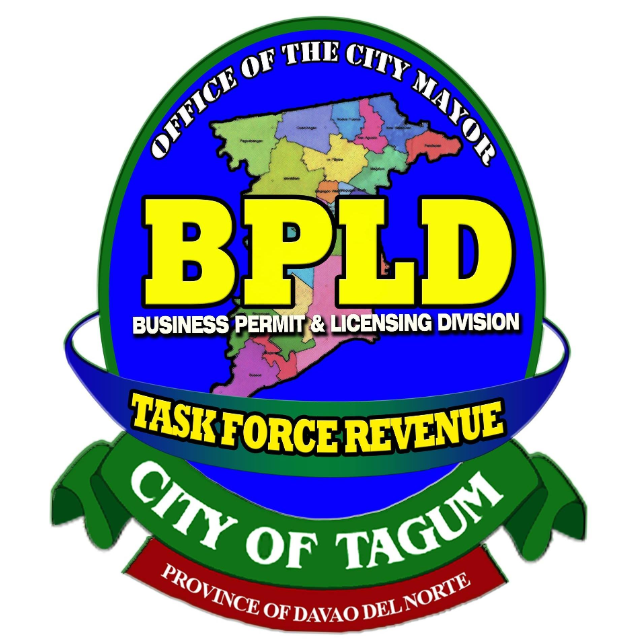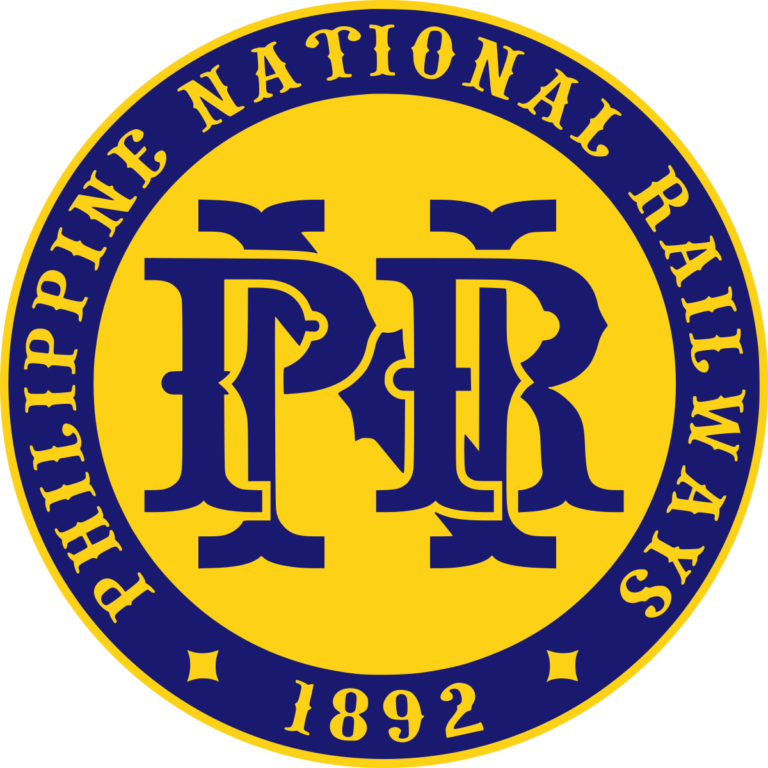Obtaining a Mayor’s Permit in the Philippines, also known as a Business Permit, is a necessary requirement for individuals or businesses intending to operate within a specific city or municipality. The process for obtaining a Mayor’s Permit may vary slightly depending on the local government unit (LGU) where the business is located. However, the general steps involved are as follows:
- Business Registration: Register your business with the Department of Trade and Industry (DTI) or the Securities and Exchange Commission (SEC) if it is a corporation or partnership. For single proprietorships, register with the DTI.
- Secure Barangay Clearance: Before applying for a Mayor’s Permit, obtain a Barangay Clearance from the local barangay office where your business is located. The Barangay Clearance is usually a prerequisite for the Mayor’s Permit application.
- Prepare Required Documents: Gather all the necessary documents required for the Mayor’s Permit application. These typically include:
- Business registration documents from DTI or SEC
- Barangay Clearance
- Lease contract or proof of ownership of the business location
- Fire safety inspection certificate
- A sanitary permit from the City or Municipal Health Office
- Environmental Compliance Certificate (ECC) for certain types of businesses
- Other specific permits or clearances based on the nature of your business
- Submit Application: Submit the complete set of required documents to the Business Permits and Licensing Office (BPLO) or the Municipal/City Treasurer’s Office in the city or municipality where your business is located.
- Assessment of Fees: The BPLO or Municipal/City Treasurer’s Office will assess the necessary fees for the Mayor’s Permit based on your business type, size, and location.
- Payment of Fees: Pay the assessed fees to the designated cashier of the BPLO or Municipal/City Treasurer’s Office.
- Inspections and Compliance: Depending on the nature of your business, you may be subject to inspections from various government agencies to ensure compliance with safety, health, and environmental regulations.
- Issuance of Mayor’s Permit: Once all requirements are met and fees are paid, the BPLO or Municipal/City Treasurer’s Office will issue the Mayor’s Permit.
- Renewal: Mayor’s Permits need to be renewed annually. Remember to apply for renewal before the permit’s expiration date to avoid penalties.
It is essential to consult with the local government’s Business Permits and Licensing Office for any specific requirements or procedures that may apply to your particular location and business type. The process may differ slightly between cities or municipalities, so it is best to be informed and prepared for a smooth application process.
IMAGE GALLERY

CONTACT US
For details, do any of the following:
- Call or text me at 09460480491
- Message us on Facebook at https://www.facebook.com/rbsublimationsignage/



